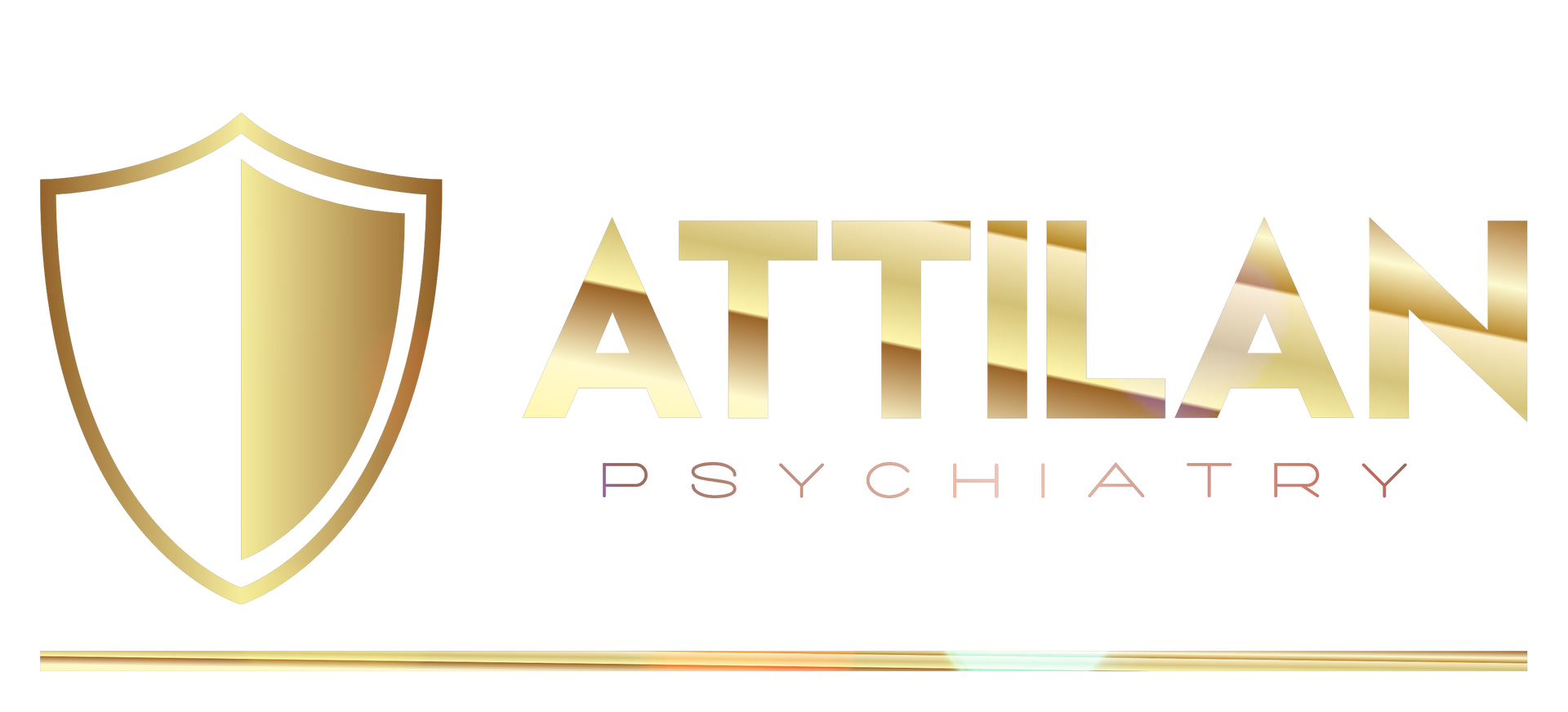Attention Deficit Hyperactivity Disorder
(ADHD)
ADHD is a neuro-developmental disorder that affects attention, executive dysfunction, impulse control, and activity levels. It can affect both children and adults, impacting daily functioning and quality of life.
Prevalence and Diagnosis:
- Men: ADHD is more commonly diagnosed in men and boys, with about 12.9% affected. Men often display more obvious, external symptoms like hyperactivity and impulsivity, which are easier to recognise and diagnose early.
- Women: ADHD is less frequently diagnosed in women and girls (about 5.6%). It is believed to be under-diagnosed due to subtler symptoms. Women often exhibit inattentiveness and emotional dysregulation, which can be overlooked
Symptoms:
- Male: Symptoms in men typically include hyperactivity, impulsivity, and externalising behaviors. These symptoms are more disruptive and noticeable in school, home, or work settings. Men with ADHD are more likely to develop externalizing disorders, including substance abuse and conduct disorders
- Female: Women tend to experience internalised symptoms such as inattentiveness, emotional instability, and anxiety. These symptoms are less disruptive and can be masked, leading to delayed diagnosis. Women with ADHD often face internalising disorders like anxiety and depression, complicating accurate diagnosis and treatment.
How is ADHD diagnosed:
- ADHD is diagnosed through a comprehensive evaluation that includes clinical interviews, assessment tools, and gathering information from multiple sources, such as parents, teachers, and yourself.
Treatment options:
- Treatment options include medication, psychological intervention, and lifestyle modifications.
Can adults have ADHD?
- Yes, ADHD can persist into adulthood. Many adults with ADHD may not have been diagnosed as children and can benefit from assessment and treatment.
Autism Spectrum Disorder
(ASD)
ASD is a neuro-developmental disorder characterised by challenges in social interaction, communication, and repetitive behaviors. Each individual with ASD is unique, and early diagnosis and intervention can significantly improve outcomes.
What are the common signs of ASD:
- Common presentations include difficulties with social interactions, delayed speech and language skills, repetitive behaviors, and restricted interests. Each individual with ASD is unique and may exhibit different symptoms.
How is ASD diagnosed:
- ASD is diagnosed through a comprehensive evaluation that includes clinical interviews, assessment tools, and behaviour observations. Input from parents, caregivers, and teachers is also important.
Treatment options:
- Intervention from various allied health professionals: Psychologist, Speech pathologist, and Occupational therapist for discipline-specific assessment and intervention. Depending on individual needs, one might also require input/support from a Dietitian and Physiotherapist. Early intervention is crucial for better outcomes.
Can adults have ASD?
- Yes, adults can be diagnosed with ASD. Some may not receive a diagnosis until later in life, especially if their symptoms were mild or overlooked during childhood.
Importance of Early Diagnosis
- Better understanding and acceptance.
- Improves one’s quality of life.
- Improves academic and work potential.
- Improves interpersonal relationships.
- Improves self-esteem.
- Early access to both pharmacological and psychological interventions.
- Getting additional supports in the community early to improve longer term outcome.

